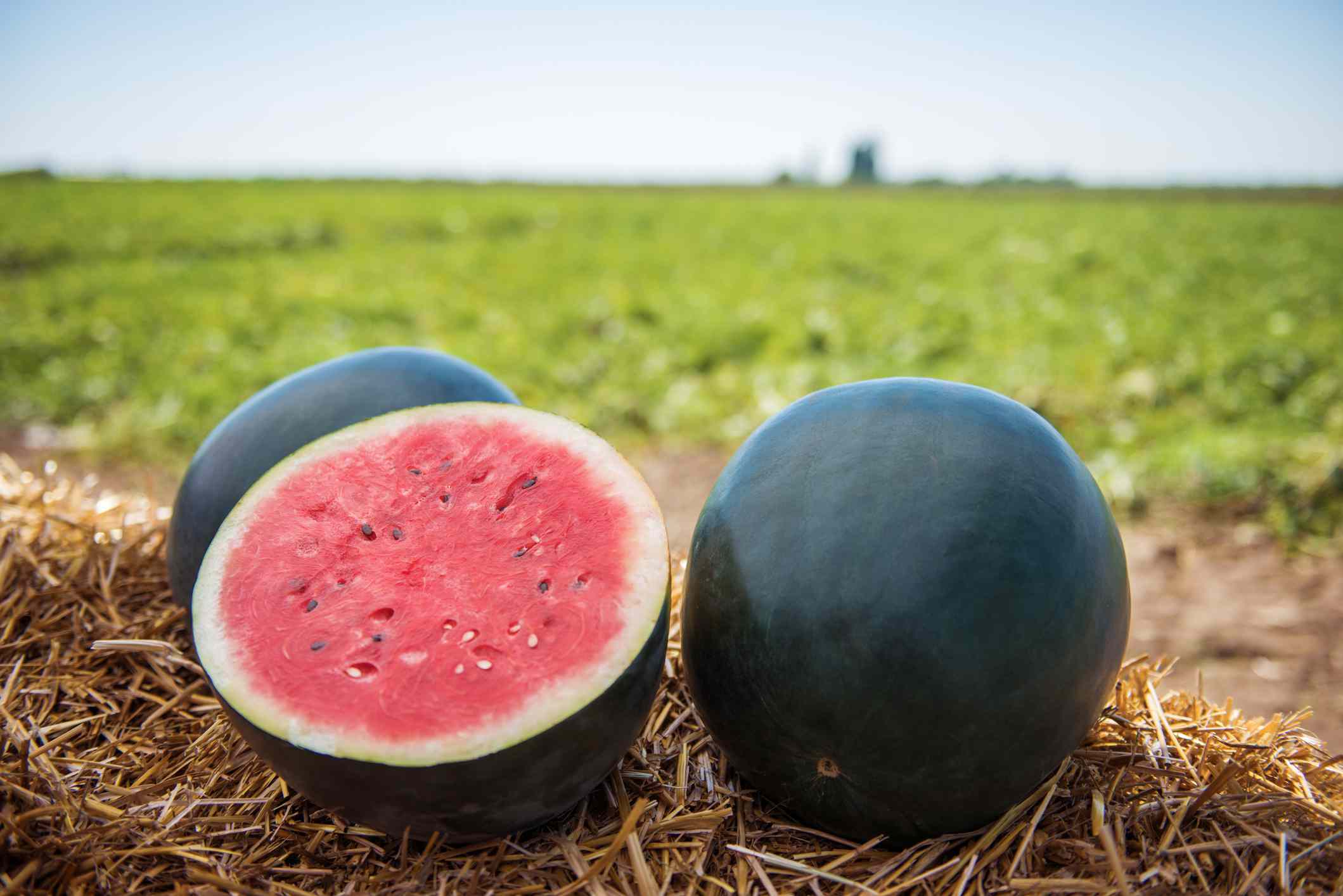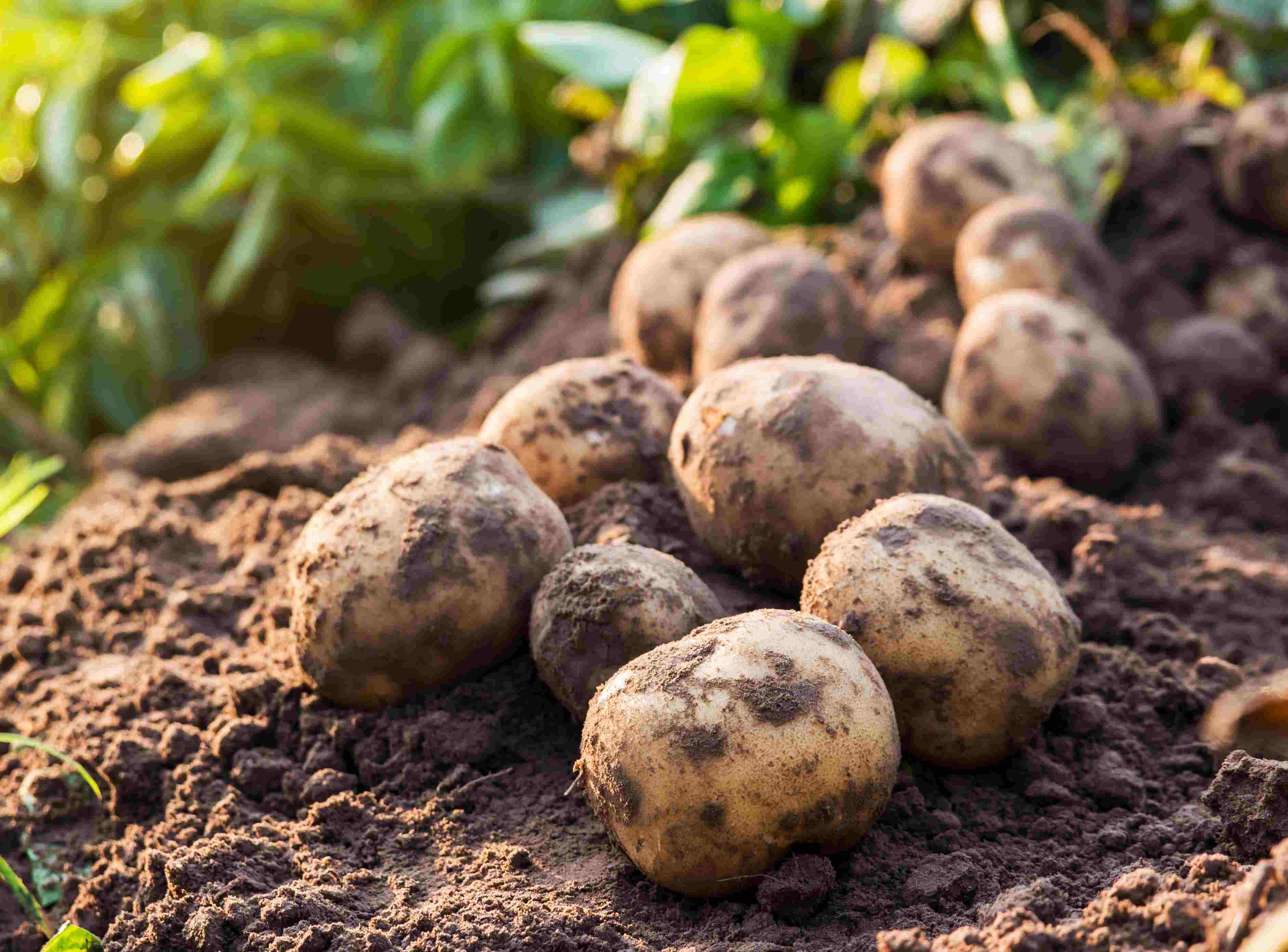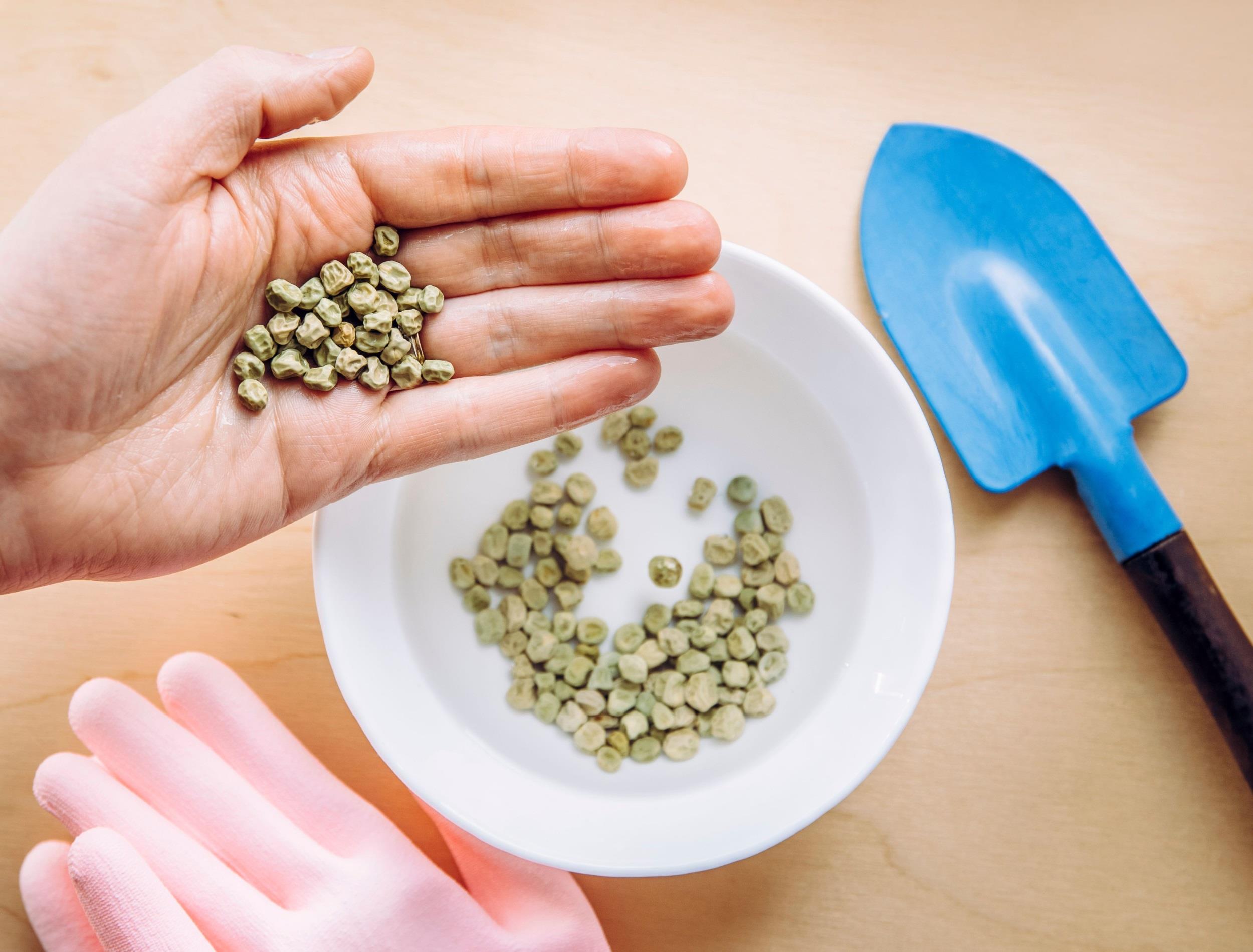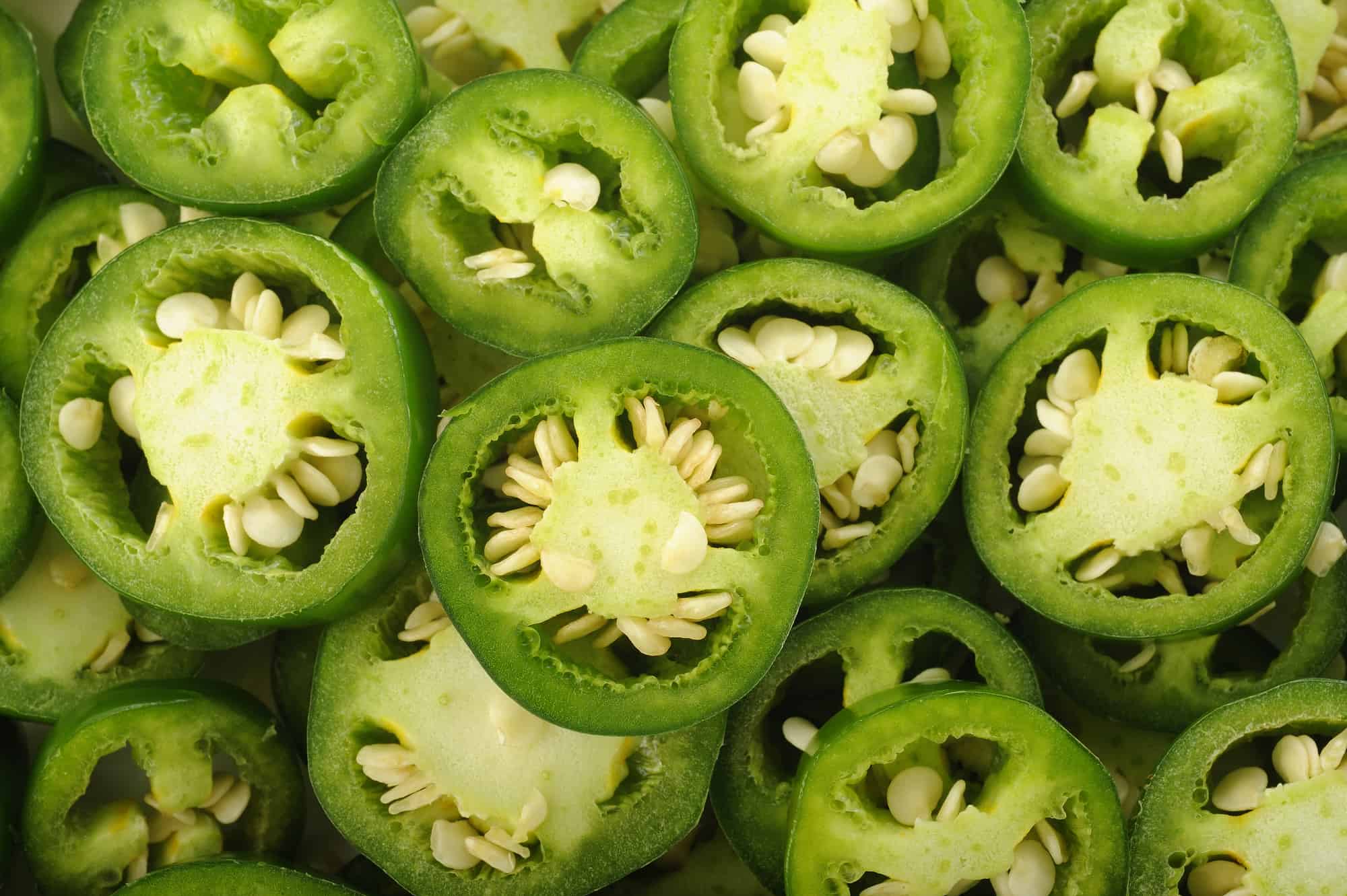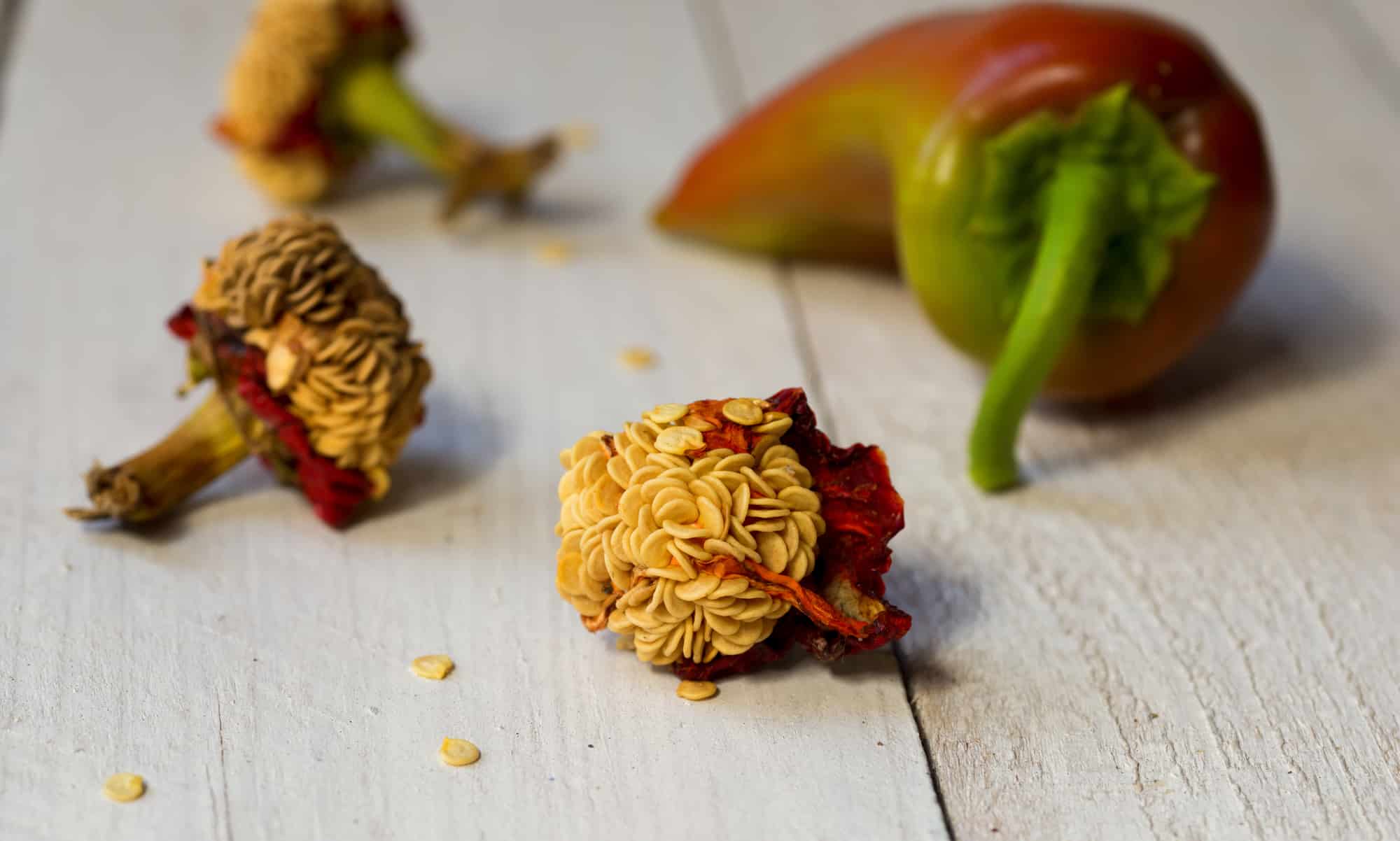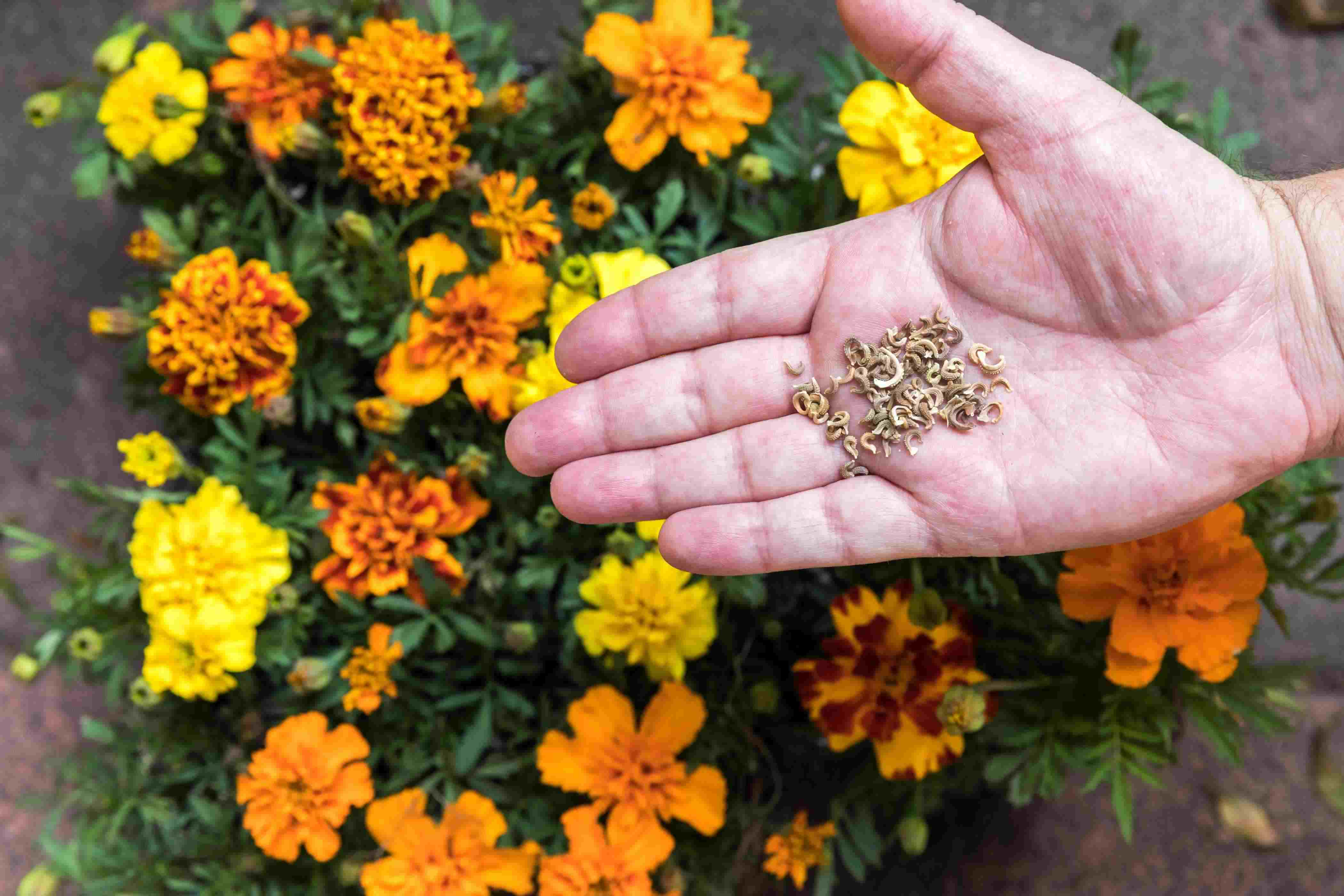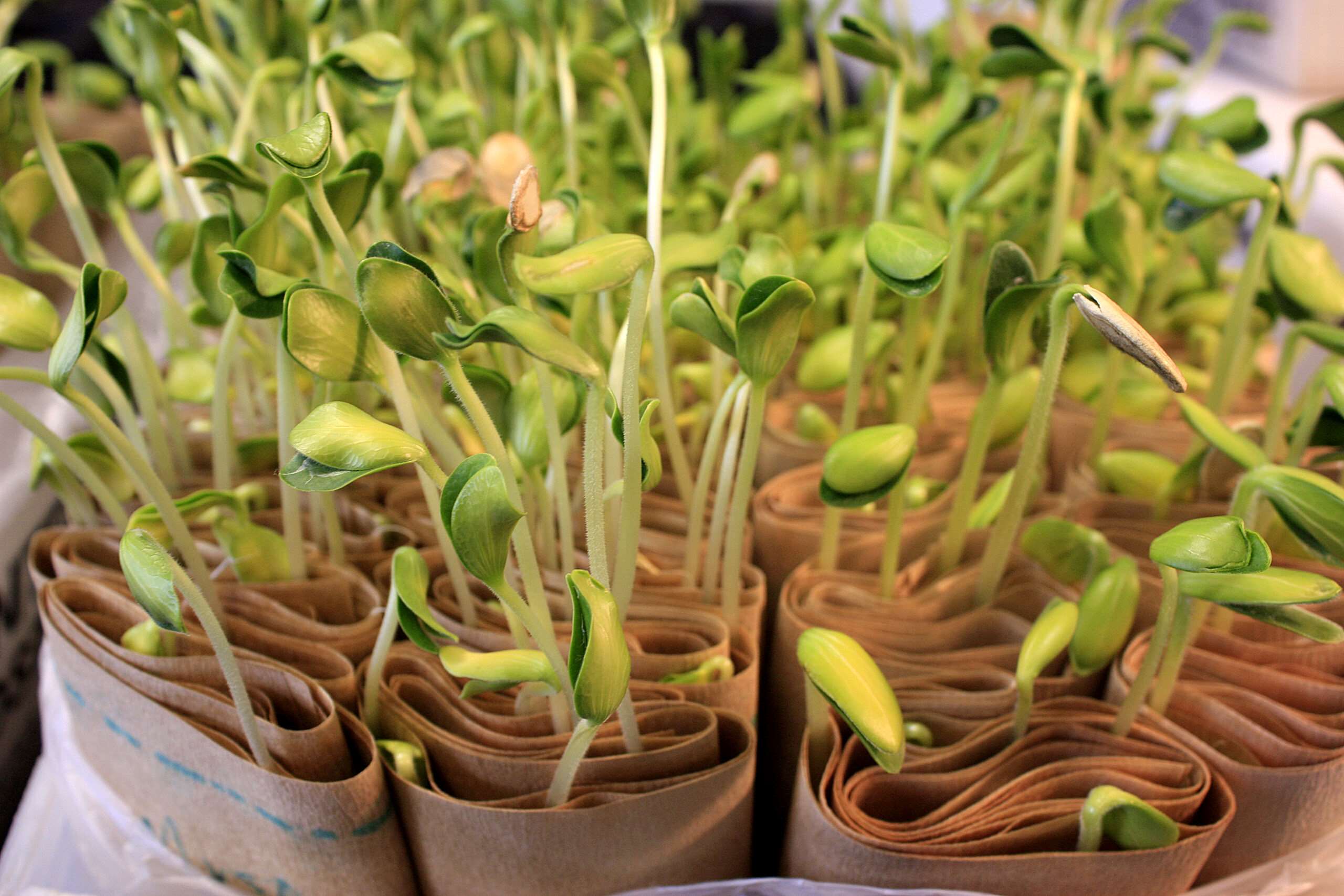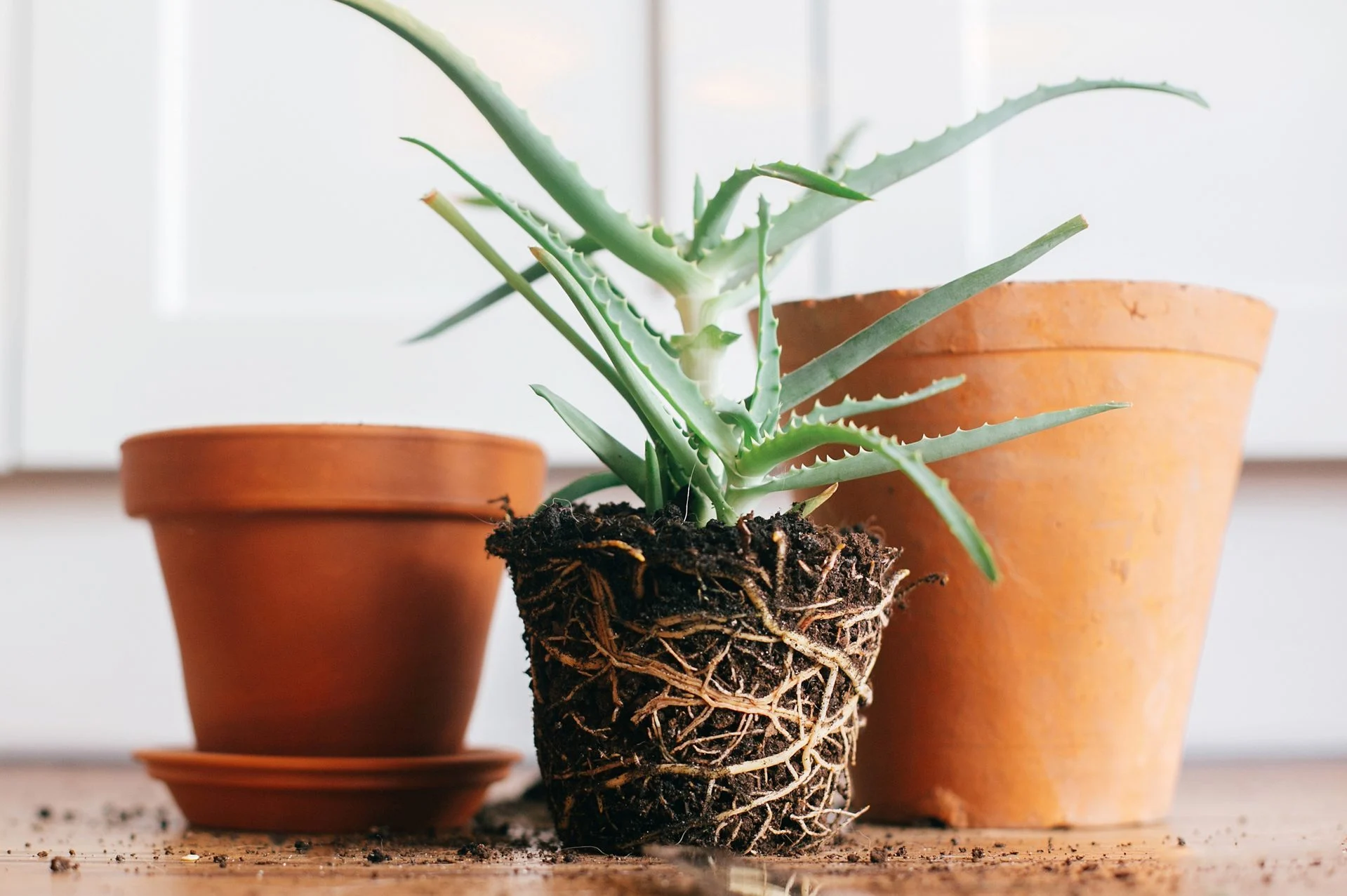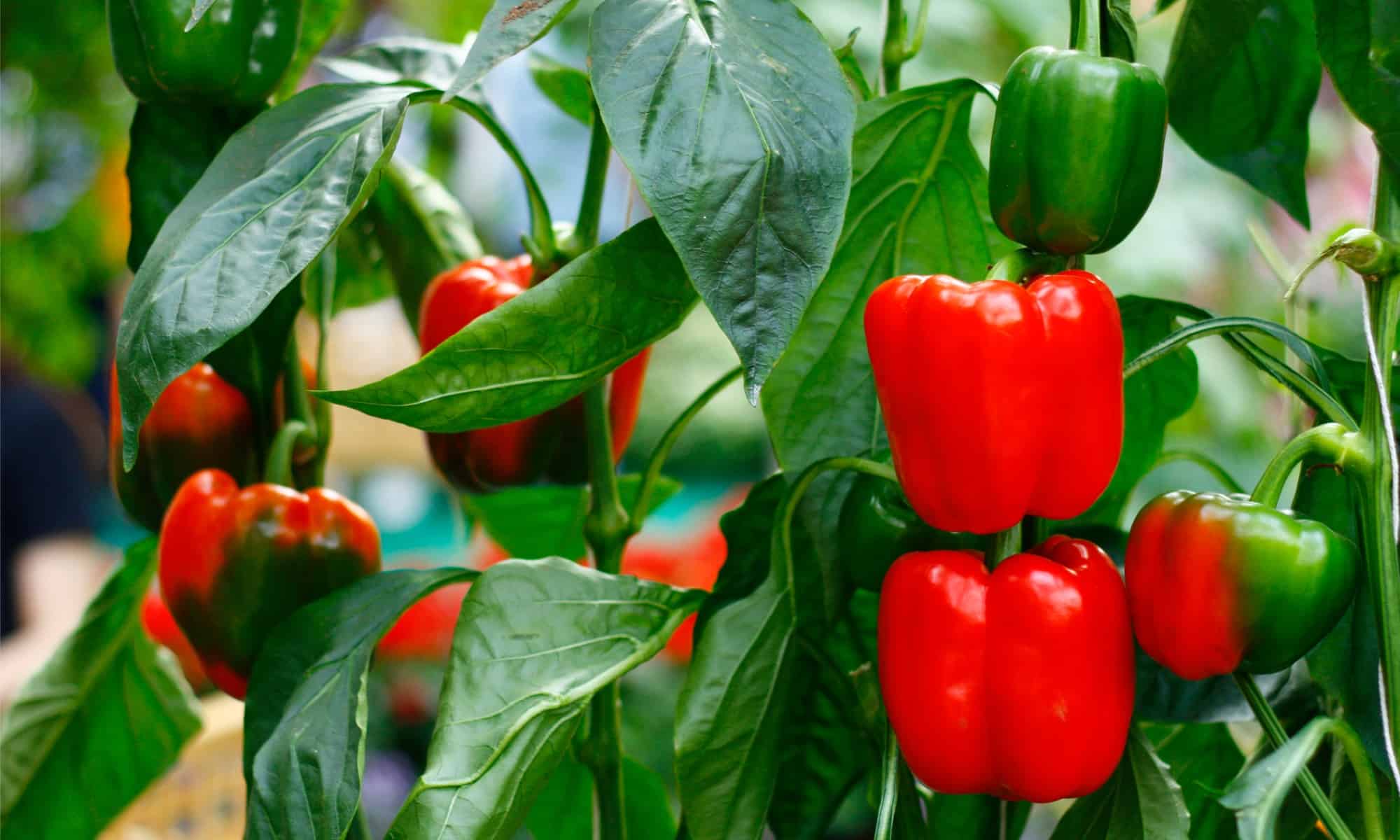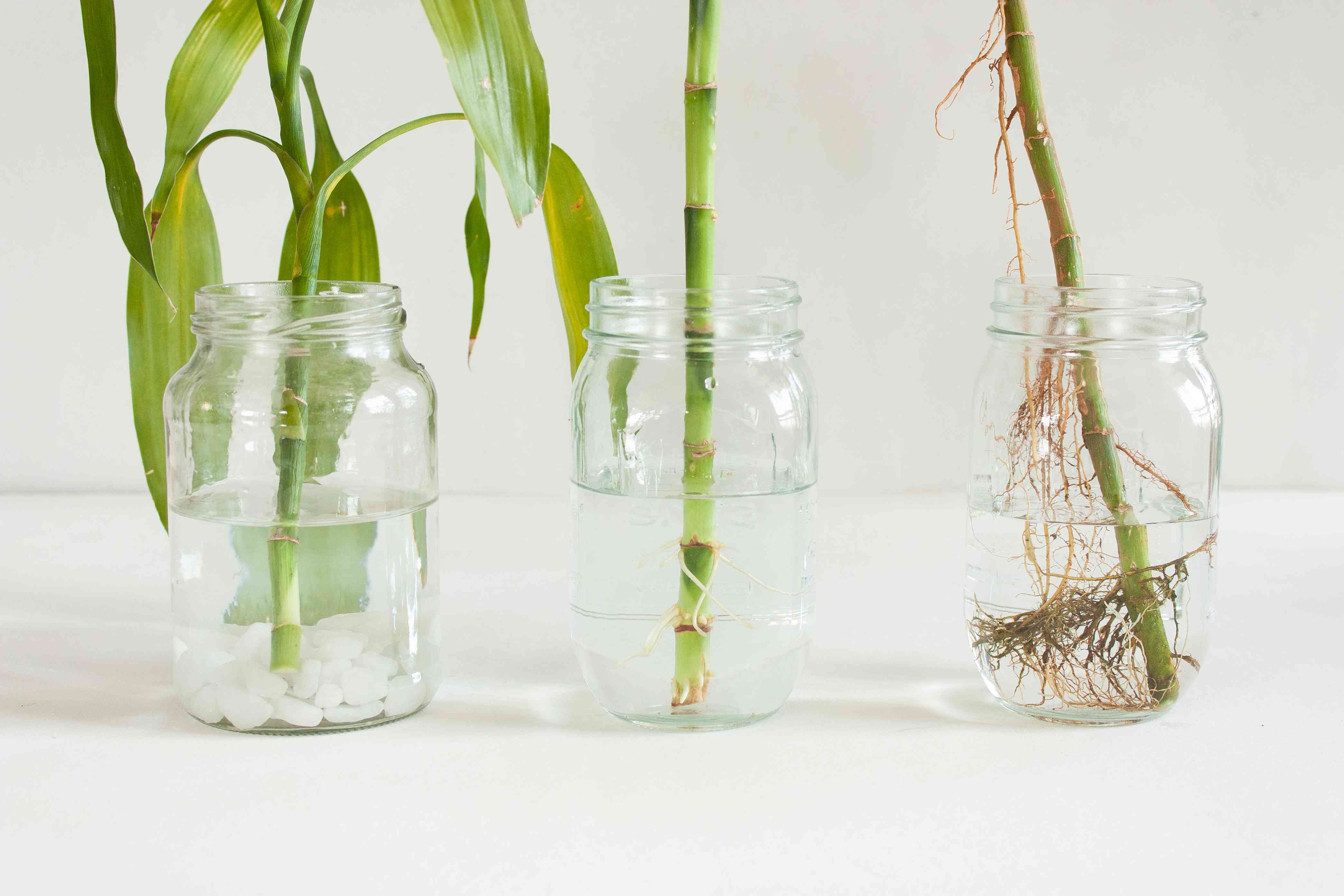Home>Types of Gardening>Edible Gardening>How Long To Germinate Seeds Before Planting
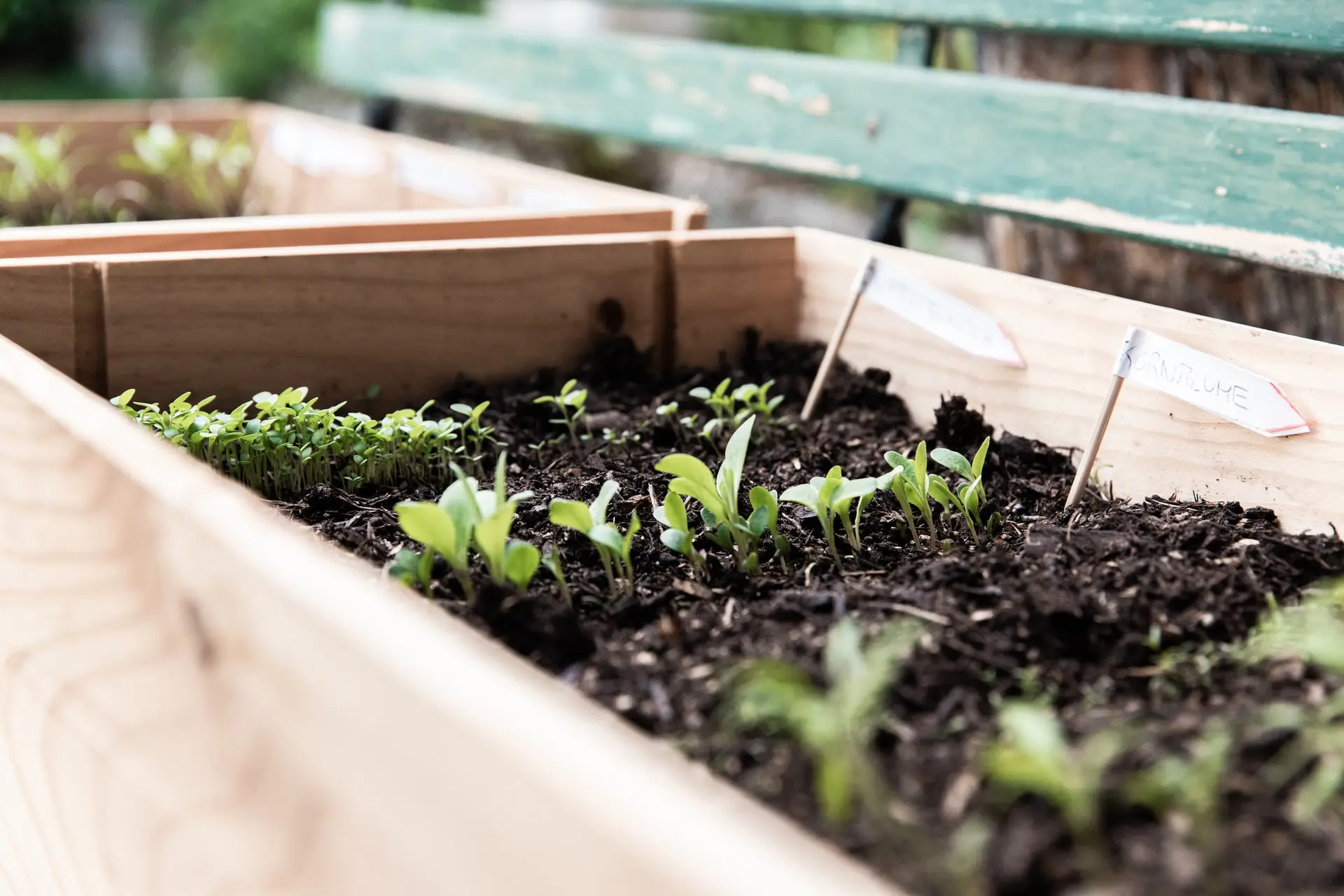

Edible Gardening
How Long To Germinate Seeds Before Planting
Modified: February 9, 2024
Discover how long it takes for seeds to germinate before planting in your edible garden. Get expert advice and tips on edible gardening techniques.
(Many of the links in this article redirect to a specific reviewed product. Your purchase of these products through affiliate links helps to generate commission for Chicagolandgardening.com, at no extra cost. Learn more)
Table of Contents
Introduction
Starting an edible garden is an exciting and rewarding endeavor. Whether you have a spacious backyard or just a small balcony, growing your own fruits, vegetables, and herbs can provide you with fresh and nutritious produce right at your doorstep. However, before you can start enjoying the bounties of your garden, you need to ensure successful seed germination.
Seed germination is the process by which a seedling emerges from a seed and starts to grow. It is a crucial stage in the life cycle of a plant and sets the foundation for healthy growth and development. Understanding how long it takes for seeds to germinate is essential for planning your garden and ensuring optimal conditions for their growth.
The length of time it takes for seeds to germinate can vary depending on various factors. These factors include the type of seed, environmental conditions, and proper care. In this article, we will explore the different factors that influence seed germination time and provide guidelines for determining the germination time for specific seeds. We will also highlight the importance of following seed germination instructions and offer tips for successful seed germination.
Factors Affecting Seed Germination Time
The germination time of seeds can be influenced by several factors. Understanding these factors can help you create the ideal conditions for successful germination. Let’s take a closer look at the main factors that affect seed germination time.
- Seed Type: Different seeds have different germination requirements and timeframes. Some seeds, such as lettuce and radishes, are known for their quick germination, taking as little as a few days. On the other hand, seeds like carrots and parsley can take longer, sometimes up to two weeks or more. Understanding the specific germination time for each seed type is important for proper planning.
- Temperature: The temperature plays a critical role in seed germination. Most seeds have an optimal temperature range in which they germinate best. Generally, warmer temperatures accelerate germination, while cooler temperatures can slow it down. However, it is important to note that extreme temperatures can be detrimental to germination and should be avoided.
- Moisture: Adequate moisture is essential for seed germination. Seeds need to absorb water to activate enzymes that trigger the germination process. Lack of moisture can lead to failed germination, while excessive moisture can cause rot and mold. Maintaining a consistently moist but not waterlogged environment is key to successful germination.
- Light: While some seeds require light to germinate, others prefer darkness. Seeds such as lettuce and petunias are examples of light-dependent germination, while seeds like tomatoes and peppers prefer darkness. Providing the appropriate light conditions for your seeds will ensure prompt germination.
- Airflow: Proper airflow is important for seed germination as it aids in gas exchange and prevents the buildup of excess moisture. Good airflow helps prevent damping-off disease, a fungal infection that can harm germinating seeds. Ensure that your germination environment provides adequate ventilation.
By considering these factors and understanding the specific requirements of the seeds you’re planting, you can create an ideal environment for successful seed germination. While these factors play a significant role, it’s important to note that each seed type may have unique needs. Therefore, it’s always a good idea to consult the seed package or reliable gardening resources for specific instructions regarding germination time and requirements.
Common Germination Times for Different Types of Seeds
When planning your edible garden, it’s helpful to have an idea of the typical germination times for different types of seeds. While germination times can vary depending on factors such as temperature and moisture, the following are general guidelines for some common edible plants.
- Lettuce: Lettuce seeds are known for their quick germination, typically taking around 5 to 10 days to sprout. This makes lettuce an excellent choice for beginners or those looking for fast-growing crops.
- Cucumber: Cucumber seeds usually germinate within 7 to 14 days. They prefer warmer soil temperatures, so it’s best to sow them after the last frost when the soil has warmed up.
- Tomato: Tomato seeds typically take around 7 to 14 days to germinate. They require warmer temperatures, so starting them indoors before transplanting them outside is recommended in colder climates.
- Carrot: Carrot seeds can be slow to germinate, often taking anywhere from 14 to 21 days. Providing consistent moisture and loose soil is crucial for carrot germination.
- Basil: Basil seeds usually germinate within 7 to 14 days. They prefer warm temperatures and can be started indoors before being transplanted outdoors after the last frost.
- Radish: Radish seeds are famous for their rapid germination, often sprouting within 3 to 7 days. They are a great option for those looking for quick results.
- Pepper: Pepper seeds can take slightly longer to germinate, typically requiring 10 to 14 days. Starting them indoors under controlled conditions can help speed up the germination process.
- Zucchini: Zucchini seeds typically germinate within 7 to 10 days. They prefer warm soil temperatures, so it’s best to plant them after the last frost has passed.
It’s important to remember that these germination times are approximate and can vary depending on the specific conditions and the quality of the seeds. Factors such as proper soil moisture, temperature, and light exposure can impact the germination process. Always refer to the specific instructions provided on the seed packet for the most accurate germination time for the particular variety you are planting.
How to Determine the Germination Time for Specific Seeds
Determining the germination time for specific seeds is essential for planning your edible garden and ensuring successful seedling growth. While general guidelines exist for common seeds, it is always best to check the specific requirements and recommendations for the seeds you are planting. Here are a few steps to help you determine the germination time for specific seeds:
- Read Seed Packets: Start by reading the information provided on the seed packet. Seed packets often include essential details about the germination time, preferred temperature range, and other specific requirements for successful germination.
- Research Reliable Sources: Consult trusted gardening resources, books, or reputable websites that provide specific information about the germination time for the specific seed variety you have. This can help you gain more accurate and detailed insights.
- Consider Environmental Factors: Remember that germination time can be influenced by environmental factors such as temperature, moisture, and light. Ensure that you create the ideal conditions for germination based on the specific needs of the seeds you are planting.
- Experiment and Observe: Conduct small-scale germination tests by planting a few seeds in a controlled environment to observe how long they take to sprout. This can give you a better understanding of the germination time for that particular seed variety.
- Document and Learn: Keep a gardening journal to record your observations and the germination time for different seeds. This information will prove valuable for future plantings and help you refine your gardening techniques.
By following these steps, you can determine the germination time for specific seeds more accurately. Remember that each seed variety may have unique requirements and germination times, so it is always best to gather as much information as possible to ensure successful seedling establishment.
The Importance of Following Seed Germination Instructions
When it comes to seed germination, following the instructions provided by seed suppliers or on seed packets is crucial for successful outcomes. These instructions are carefully curated to ensure that the seeds have the best chance of germination and healthy growth. Here’s why it is important to follow seed germination instructions:
- Optimal Germination Conditions: Each seed variety has specific requirements for temperature, moisture, light, and other environmental factors. Following the instructions ensures that you provide the optimal conditions for germination, increasing the success rate of seedling emergence.
- Timing and Sowing: Seed germination instructions often include guidelines on when and how to sow the seeds. This information helps you plan your planting schedule to align with seasonal and regional variations, maximizing the chances of successful germination and growth.
- Seed Viability: Seeds have varying shelf lives and viability. Following the instructions helps you identify the recommended use-by dates, ensuring that you plant seeds that are still viable. Using old or expired seeds can result in poor germination rates.
- Prevention of Seedling Diseases: Seed germination instructions may include recommendations for pre-soaking, seed treatments, or sterilization techniques. These steps can help prevent the spread of seedborne diseases and infections, protecting your seedlings from potential harm.
- Efficient Resource Utilization: By following the instructions, you can avoid under- or over-watering, excessive use of fertilizers or growth enhancers, and other practices that can waste resources. This not only saves time and money but also ensures sustainable gardening practices.
- Consistency and Reproducibility: Following seed germination instructions allows for consistency and reproducibility. By adhering to recommended practices, you can achieve reliable results year after year, making it easier to troubleshoot any issues that may arise.
Taking the time to read and understand seed germination instructions is a small yet crucial step in the process of growing plants from seeds. It sets the foundation for healthy plant growth, increases the chances of successful germination, and can save you from unnecessary setbacks or disappointments in your gardening journey. Remember, the instructions provided are based on extensive research and experience, so following them will greatly contribute to your gardening success.
Tips for Successful Seed Germination
Achieving successful seed germination is crucial for a thriving edible garden. Here are some tips to help increase your chances of successful seed germination:
- Start with High-Quality Seeds: Choose seeds from reputable suppliers to ensure their quality and viability. Look for fresh seeds with high germination rates for the best results.
- Provide Proper Moisture: Keep your seeds consistently moist during the germination process. Avoid over-watering, as it can lead to rot, and ensure proper drainage to prevent waterlogging.
- Control Temperature and Light: Maintain the optimal temperature and light conditions for the specific seeds you are planting. Most seeds germinate well at temperatures between 65-75°F (18-24°C) and require either light or darkness, depending on their preferences.
- Follow Recommended Sowing Depth: Plant seeds at the recommended depth specified on the seed packet. Planting too deep or too shallow can impact germination rates.
- Use Suitable Growing Medium: Start seeds in a high-quality seed starting mix or potting soil to provide the necessary nutrients for germination. This will also ensure good drainage and aeration.
- Provide Adequate Airflow: Good airflow is essential to prevent the buildup of excess moisture and the development of fungal diseases. Use a fan or ensure proper ventilation in your germination area.
- Label and Organize: Label your seeds with the date and variety to avoid confusion. Keep track of your planting schedule and organize your seeds accordingly for easier management.
- Practice Patience: Remember that germination times can vary for different seeds. Be patient and allow sufficient time for seeds to sprout before assuming they have failed to germinate.
- Monitor and Adjust: Regularly check on your seeds and make necessary adjustments to the growing conditions if needed. Maintain consistent moisture levels and adjust lighting or temperature as necessary.
- Protect Seedlings: Once your seeds have germinated, provide them with a suitable environment. Shield them from harsh weather conditions, pests, and diseases to ensure their healthy development.
By following these tips, you can increase your chances of successful seed germination and set your edible garden off to a strong start. Remember to adapt these suggestions to the specific requirements of the seeds you are planting and keep track of your progress for future reference.
Conclusion
Seed germination is a critical stage in the journey of growing edible plants. By understanding the factors that affect germination time, you can create optimal conditions for successful seedling growth. Following seed germination instructions, determining the germination time for specific seeds, and implementing the tips for successful germination will greatly increase your chances of growing healthy and abundant plants.
Remember to choose high-quality seeds, provide the right amount of moisture and light, and maintain suitable temperature and airflow. Pay attention to the specific requirements of different seeds and adhere to their recommended sowing depths and growing mediums. Patience is key, as germination times can vary from a few days to several weeks.
By carefully nurturing your seeds during the germination process, you are setting the stage for a successful and fruitful edible garden. Keep in mind that gardening is a continuous learning journey, and each seed sown provides an opportunity to gain valuable experience and improve your skills.
So go ahead and start your edible garden with confidence, knowing that you have the knowledge and tools to achieve successful seed germination. Enjoy the process of nurturing your plants from seeds and embrace the joy of harvesting your own fresh and delicious produce.
